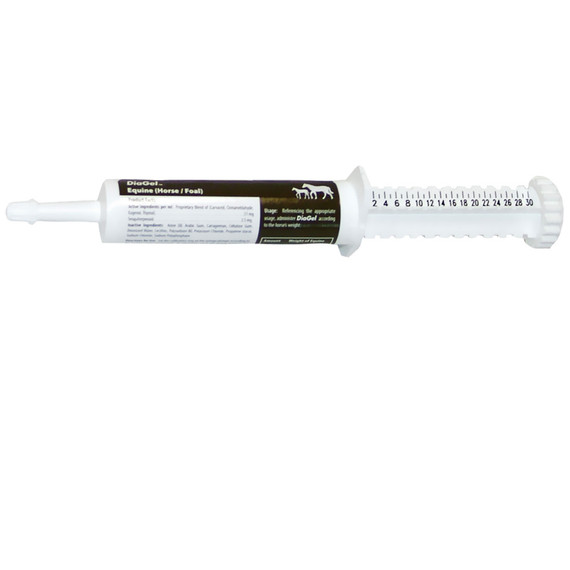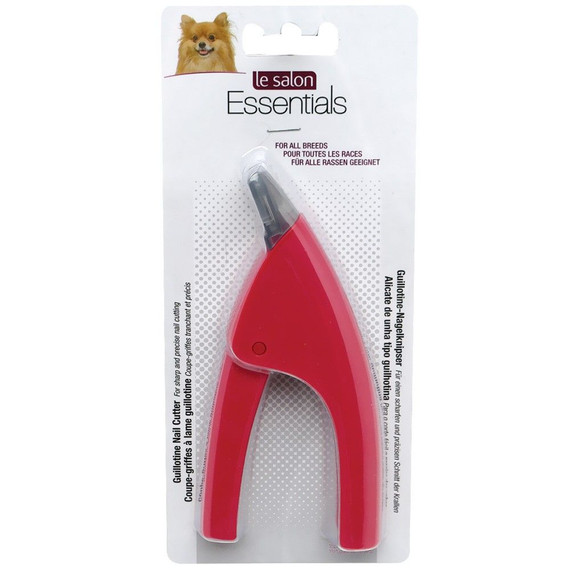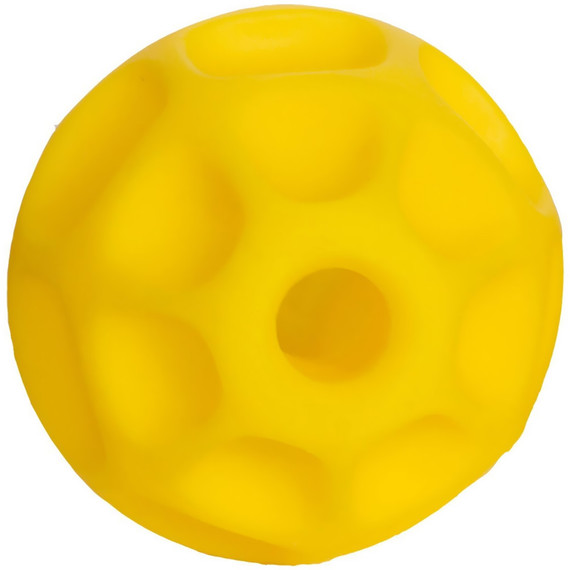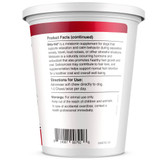
Flea & Tick Treatment
Fleas and ticks are small parasites that commonly affect animals and can also infest humans. Fleas are wingless insects that feed on the blood of mammals and birds. They have strong hind legs that enable them to jump long distances. Flea bites can cause itching, redness, and discomfort. In addition to the annoyance they cause, fleas can transmit diseases and parasites, such as tapeworms.
Ticks, on the other hand, are arachnids that also feed on blood. They are typically found in grassy or wooded areas and attach themselves to their hosts by biting into the skin. Ticks can transmit various diseases, including Lyme disease, Rocky Mountain spotted fever, and babesiosis.
Prevention and control are crucial for managing fleas and ticks. For fleas, it is important to keep pets on regular flea control products recommended by veterinarians. Regular vacuuming, washing bedding in hot water, and treating the yard can help eliminate fleas from the environment. In the case of a severe infestation, the use of insecticides or seeking professional pest control services may be necessary.
To prevent tick bites, individuals should wear protective clothing such as long sleeves, pants, and closed-toe shoes when in tick-prone areas. Applying tick repellents containing DEET or permethrin on exposed skin and clothing can also be effective. After spending time outdoors, it is essential to check the body and clothing for ticks. If a tick is found attached to the skin, it should be carefully removed with fine-tipped tweezers, making sure to grasp it close to the skin's surface and pulling upward with steady pressure. Proper cleaning of the area with soap and water is recommended after removal.
-
Fleas: Fleas are small, wingless insects that feed on the blood of mammals and birds. They have strong hind legs that allow them to jump long distances. Flea bites can cause itching, redness, and discomfort. In addition to the annoyance they cause, fleas can transmit diseases and parasites, such as tapeworms.
Prevention and treatment: To prevent fleas, it's important to keep your pets on regular flea control products recommended by a veterinarian. Vacuuming your home regularly, washing bedding in hot water, and treating your yard can also help. If you have a flea infestation, you may need to use insecticides or seek professional pest control services.
-
Ticks: Ticks are arachnids that also feed on the blood of mammals, birds, and sometimes reptiles and amphibians. They are commonly found in grassy or wooded areas and can transmit diseases such as Lyme disease, Rocky Mountain spotted fever, and babesiosis.
Prevention and removal: When spending time in tick-prone areas, it's important to take preventive measures. Wear long sleeves, pants, and closed-toe shoes. Use tick repellents that contain DEET or permethrin on exposed skin and clothing. After being outdoors, check your body and clothing for ticks. If you find a tick attached to your skin, use fine-tipped tweezers to grasp it as close to the skin's surface as possible and pull upward with steady pressure. Clean the area with soap and water.


















